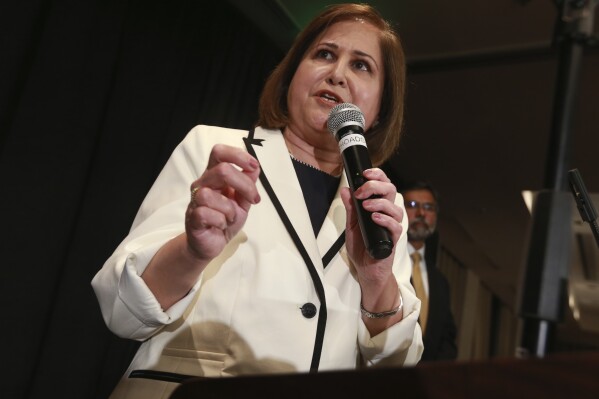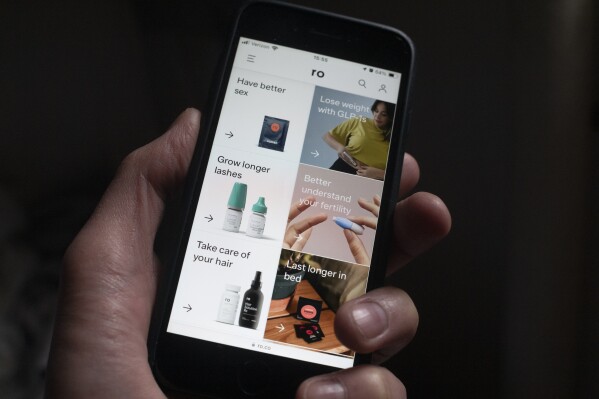First over-the-counter birth control pill in US begins shipping to stores
WASHINGTON (AP) — The first over-the-counter birth control pill will be available in U.S. stores later this month, allowing American women and teens to purchase contraceptive medication as easily as they buy aspirin.
Manufacturer Perrigo said Monday it has begun shipping the medication, Opill, to major retailers and pharmacies. A one-month supply will cost about $20 and a three-month supply will cost around $50, according to the company’s suggested retail price. It will also be sold online.
The launch has been closely watched since last July, when the Food and Drug Administration said the once-a-day Opill could be sold without a prescription. Ireland-based Perrigo noted there will be no age restrictions on sales, similar to other over-the-counter medications.
Opill is an older class of contraceptive, sometimes called minipills, that contain a single synthetic hormone, progestin, and generally carry fewer side effects than more popular combination estrogen and progestin pills.
The launch gives U.S. women another birth control option amid the legal and political battles over reproductive health, including the reversal of Roe v. Wade, which has upended abortion access across the U.S. Opill’s approval is unrelated to the ongoing court battles over the abortion pill mifepristone. And anti-abortion groups have generally emphasized that they do not oppose contraceptives to prevent pregnancies.



Birth control pills are available without a prescription across much of South America, Asia and Africa.
The drug’s approval came despite some concerns by FDA scientists about the company’s results, including whether women with certain medical conditions would understand that they shouldn’t take the drug.
Dr. Verda Hicks, president of the American College of Obstetricians and Gynecologists, in a statement, said studies have shown that patients, including adolescents, can effectively screen themselves to use the pills.
___
The Associated Press Health and Science Department receives support from the Howard Hughes Medical Institute’s Science and Educational Media Group. The AP is solely responsible for all content.
Disclaimer: The copyright of this article belongs to the original author. Reposting this article is solely for the purpose of information dissemination and does not constitute any investment advice. If there is any infringement, please contact us immediately. We will make corrections or deletions as necessary. Thank you.






